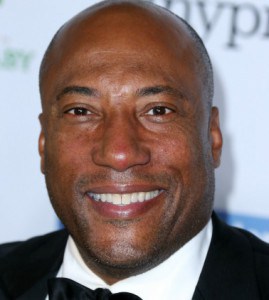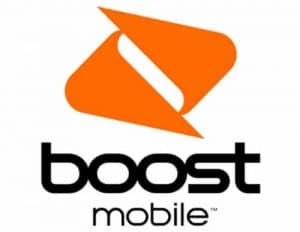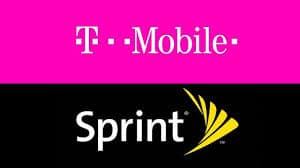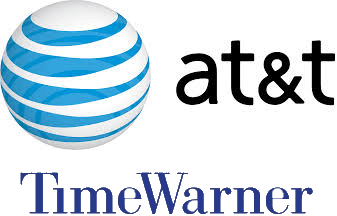 WASHINGTON (Reuters) – The U.S. Supreme Court on Monday agreed to hear cable television operator Comcast Corp’s bid to throw out comedian and producer Byron Allen’s racial bias lawsuit accusing the company of discriminating against black-owned channels.
WASHINGTON (Reuters) – The U.S. Supreme Court on Monday agreed to hear cable television operator Comcast Corp’s bid to throw out comedian and producer Byron Allen’s racial bias lawsuit accusing the company of discriminating against black-owned channels.
The justices will review a decision by the San Francisco-based 9th U.S. Circuit Court of Appeals that cleared the way for a $20 billion civil rights lawsuit against Comcast to proceed. At issue in the litigation is the refusal by Comcast to carry channels operated by Entertainment Studios Networks, owned by Byron Allen, who is black.
The justices did not act on a similar appeal by Charter Communications involving claims by Allen after the company also declined to carry his channels. That case likely will be guided by the outcome in Comcast’s appeal.
Comcast and Charter have said their business decisions were based on capacity constraints, not race, and that Allen’s channels, including JusticeCentral.TV, Cars.TV, Pets.TV and Comedy.TV, did not show sufficient promise or customer demand to merit distribution. Other television distributors, including Verizon, AT&T and DirecTV, carry some of Allen’s programming, court papers said.
“Comcast has an outstanding record of supporting and fostering diverse programming, including programming from African-American owned channels, two more of which we launched earlier this year,” the company said in a statement, adding that it hopes the Supreme Court will bring the case to an end.

Allen
Allen disputed the statement, saying the channels Comcast mentioned are not wholly owned by African Americans. Comcast, Allen said, “will continue to lose this case, and the American people who stand against racial discrimination will win.”
Entertainment Studios Networks sued in Los Angeles federal court, accusing the cable companies of violating the Civil Rights Act of 1866, a post-Civil War law that forbids racial discrimination in business contracts.
The suits brought by Allen pinned the rejections primarily on racial discrimination, accusing cable executives of giving insincere or invalid excuses and granting contracts to carry white-owned networks during the same period.
The lawsuits also alleged that the companies’ commitments to diversity are a sham and that they have used outside civil rights groups, such as Reverend Al Sharpton’s National Action Network, to provide cover for empty promises. Comcast called those accusations “outlandish.”
Both Comcast and Charter called the lawsuits a “scam” and sought to have the cases dismissed. But the 9th Circuit last year allowed the litigation to proceed.
At the heart of the case is the question of whether individuals who are refused a business contract can sue under the civil rights law without ruling out reasons other than discrimination for the denial. The 9th Circuit said lawsuits can proceed to trial if plaintiffs can show that discriminatory intent was one factor among others in the denial of a contract.
Reporting by Andrew Chung; Editing by Will Dunham


 Subscribe
Subscribe (Reuters) – A group of potential buyers are preparing bids for prepaid wireless brand Boost Mobile in an upcoming sale valuing the offshoot of U.S. wireless carriers T-Mobile US Inc and Sprint Corp at up to $3 billion, interested buyers told Reuters.
(Reuters) – A group of potential buyers are preparing bids for prepaid wireless brand Boost Mobile in an upcoming sale valuing the offshoot of U.S. wireless carriers T-Mobile US Inc and Sprint Corp at up to $3 billion, interested buyers told Reuters. This month, analysts at Cowen estimated Boost has 7 million to 8 million customers and a transaction could be valued at $4.5 billion if the deal included wireless spectrum, or the airwaves that carry data, and facilities. Sprint has not disclosed the number of Boost customers.
This month, analysts at Cowen estimated Boost has 7 million to 8 million customers and a transaction could be valued at $4.5 billion if the deal included wireless spectrum, or the airwaves that carry data, and facilities. Sprint has not disclosed the number of Boost customers.
 (Reuters) – The White House has told two U.S. House Democrats it will not turn over documents that could show whether Republican President Donald Trump sought to intervene in the regulatory review of AT&T Inc’s $85 billion acquisition of Time Warner Inc.
(Reuters) – The White House has told two U.S. House Democrats it will not turn over documents that could show whether Republican President Donald Trump sought to intervene in the regulatory review of AT&T Inc’s $85 billion acquisition of Time Warner Inc.
